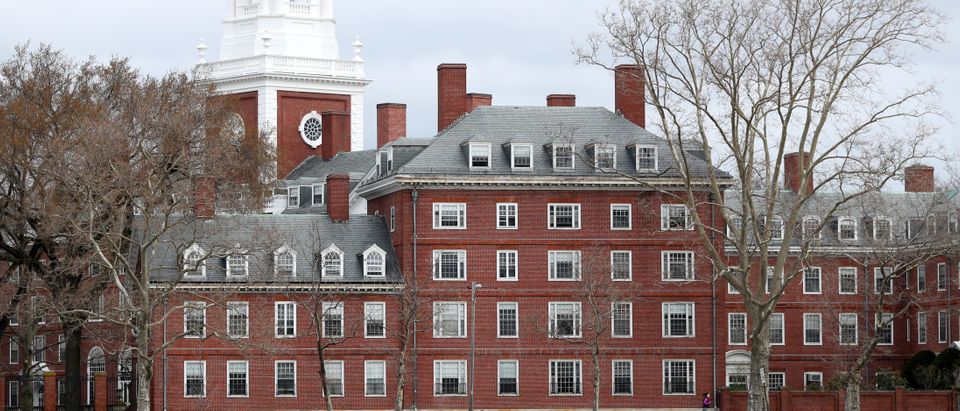Almost 70 companies, including Alphabet Inc.’s Google, Meta Platforms Inc. and Apple Inc. reportedly filed an amicus brief with the Supreme Court on Monday supporting affirmative action in two cases challenging its legality.
Plaintiffs in the two cases, Students for Fair Admissions v. President & Fellows of Harvard and Students for Fair Admissions v. University of North Carolina, claim that affirmative action policies from the university caused Asian American applicants to be unfairly rejected.
Large corporations argued in the brief that race-based admission practices helped corporations fulfill diversity, equity and inclusion efforts, according to Bloomberg.
Corporations, they wrote, “depend on university admissions programs that lead to graduates educated in racially and ethnically diverse environments.” (RELATED: Court Considers Whether Harvard Discriminates During Its Admissions Process)
“Only in this way can America produce a pipeline of highly qualified future workers and business leaders prepared to meet the needs of the modern economy and workforce,” the amicus brief said, according to Bloomberg.
Google, General Motors, and Verizon are among 68 companies filing a brief with the US Supreme Court in support of affirmative action programs being challenged at Harvard https://t.co/QwH4Hb8FeZ
— Bloomberg (@business) August 1, 2022
Plaintiffs in the Harvard case claim the university’s policy violates Title VI of the Civil Rights Act, which prohibits discrimination on the basis of race. The case against the University of North Carolina alleges that by rejecting a race-neutral admissions policy, the school is sacrificing academic excellence. Plaintiffs in both cases call for the Supreme Court’s decision in Grutter v. Bollinger to be overturned. In Bollinger, the Supreme Court ruled 5-4 that the University of Michigan Law School did not violate the Equal Protection Clause by using race as one of the factors considered in its admissions practices.
A judge in Boston ruled in 2019 that Harvard does not break the law when considering race in its admission policy. The judge wrote that while the university “would likely benefit from…maintaining clear guidelines on the use of race in the admissions process,” the court would not “dismantle a very fine admissions program that passes constitutional muster, solely because it could do better.”












